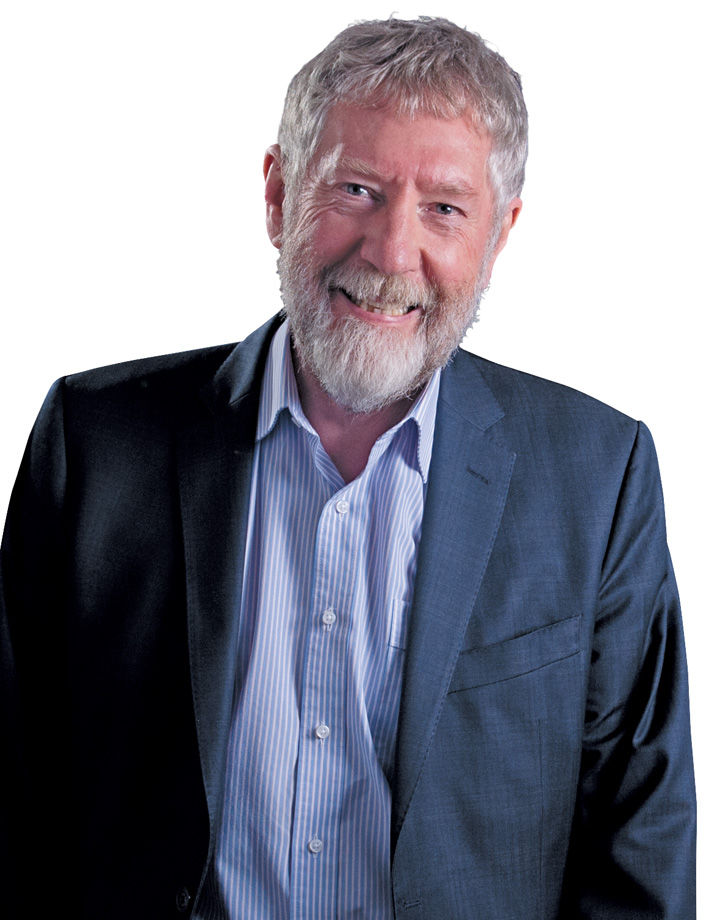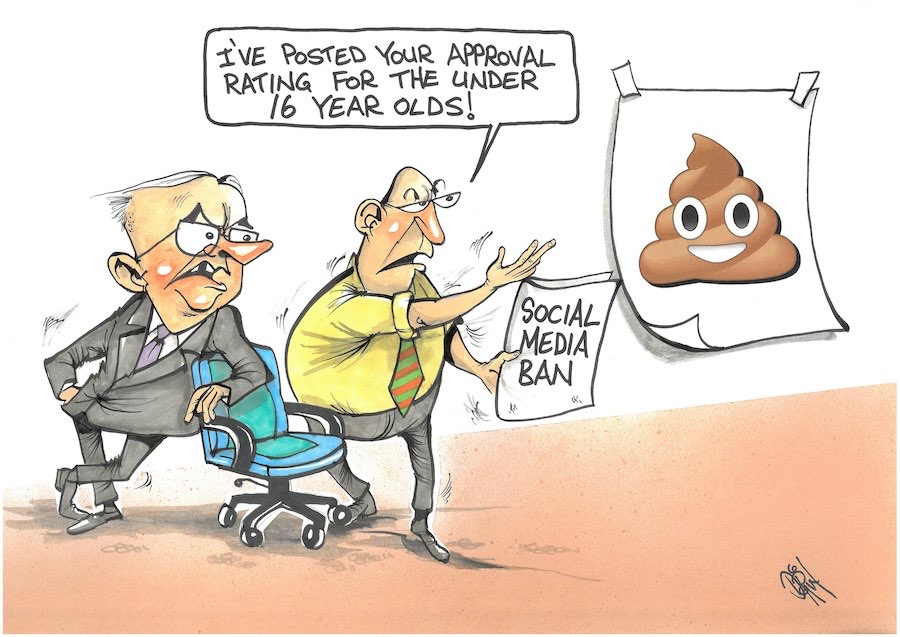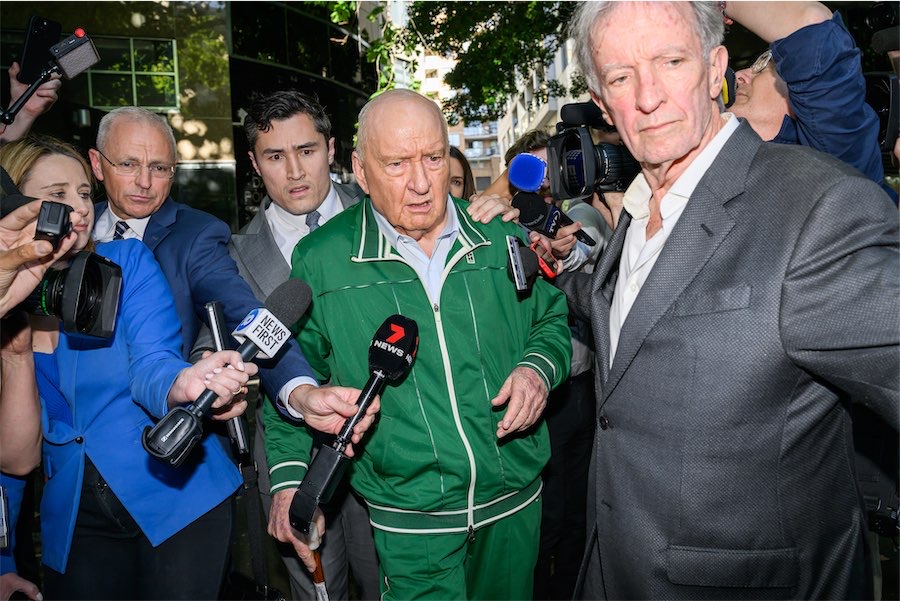
“Appropriate preparation for another pandemic will allow optimism for future populations that they will not have to go for such long periods with disruption to health, the economy, family life and travel,” writes MICHAEL MOORE.
THE pandemic is not yet over. Although Australian fatality rates are creeping up, at least the ACT seems to be resisting this trend.

Long covid will continue to plague many who have contracted the disease for some time – perhaps for the rest of their lives.
However, it is also important for governments to recognise that preparedness for another pandemic is absolutely critical. Many argue that this is a one-in-a-hundred-year event with the Spanish flu being the last great pandemic. True in one sense – but not in another!
Swine flu and bird flu were close shaves. Had they been more infectious or a more devastating disease, or both, the pandemic would have been earlier.
With greater urbanisation, extensive international travel and the destruction of so much habitat world-wide, the groundwork is in place for much more regular outbreaks of new infectious diseases.
Appropriate preparation for another pandemic will allow optimism for future populations that they will not have to go for such long periods with disruption to health, the economy, family life and travel. As infectious pathogens do not respect borders, this will be the responsibility of all levels of government from international to local.
The Australian government has just committed a significant contribution to the World Bank’s Financial Intermediary Fund established “to protect against the impact of future pandemics”. Health Minister Mark Butler and Treasurer Jim Chalmers announced the commitment at a G20 joint meeting of Finance and Health Ministers on June 21.
The commitment by the G20 followed scathing reviews that “identified major shortfalls in international financing for the pandemic preparedness response”. Butler pointed out that “the pandemic has highlighted the weaknesses in the global health architecture and COVID-19 has also shown the disproportionate impact pandemics can have on the world’s most vulnerable”.
The Omicron variant came out of Africa where access to vaccination was limited. Had more commitment been made through COVAX to ensure availability to developing countries, it is possible that the spread of this form of the virus may well have been prevented.
Butler added: “The Australian government is committed to working with the international community to end the acute phase of this pandemic, while also strengthening global health architecture to ensure all countries are better positioned to respond to the next pandemic”.
The Financial Intermediary Fund is an excellent first step. However, there is urgency for a “Pandemic Treaty”. The issue of such a treaty was the subject of vigorous debate at the World Health Assembly in Geneva in May at a time when the Australian government was in caretaker mode. Progress was made in preparation for the World Health Organization (WHO) to take responsibility for such a treaty.
At the same time the fear mongers were calling the treaty as “a grab for global power”. Nonsense, of course. The WHO is effectively the bureaucracy supporting the health ministries of governments from around the world which meet as the World Health Assembly. It has no enforcement arm, no army to back its decisions and relies on the goodwill of its member states to implement its work.
There is a precedent. The Framework Convention on Tobacco Control is a treaty that has been signed by almost all member states of the WHO. It sets out a framework of how countries can deal with the scourge of tobacco and the influence of tobacco companies. This framework is not enforceable – but it has been extraordinarily effective in influencing governments regarding tobacco policy.
Just as tobacco has killed millions so, too, have infectious diseases. Saving lives! Preventing illness! This is the driving force behind the call for a “Pandemic Treaty”. Surely this should be a basic consideration of the World Health Assembly and fundamental business for the WHO.
Although Australia has not formally committed itself to the “Pandemic Treaty”, during the election campaign both Scott Morrison and Anthony Albanese indicated support in principle for such an approach.
When Australia does sign on to the treaty or convention, like other countries, it will accept an obligation to implement the agreement within the constraints of our own laws and constitution.
For the sake of the next generations, let’s hope that lessons are learnt from this pandemic, and what has been learnt is implemented.
Michael Moore is a former member of the ACT Legislative Assembly and an independent minister for health. He has been a political columnist with “CityNews” since 2006. He is a past-president of the World Federation of Public Health Associations. There are more of his columns at citynews.com.au
Who can be trusted?
In a world of spin and confusion, there’s never been a more important time to support independent journalism in Canberra.
If you trust our work online and want to enforce the power of independent voices, I invite you to make a small contribution.
Every dollar of support is invested back into our journalism to help keep citynews.com.au strong and free.
Thank you,
Ian Meikle, editor





Leave a Reply